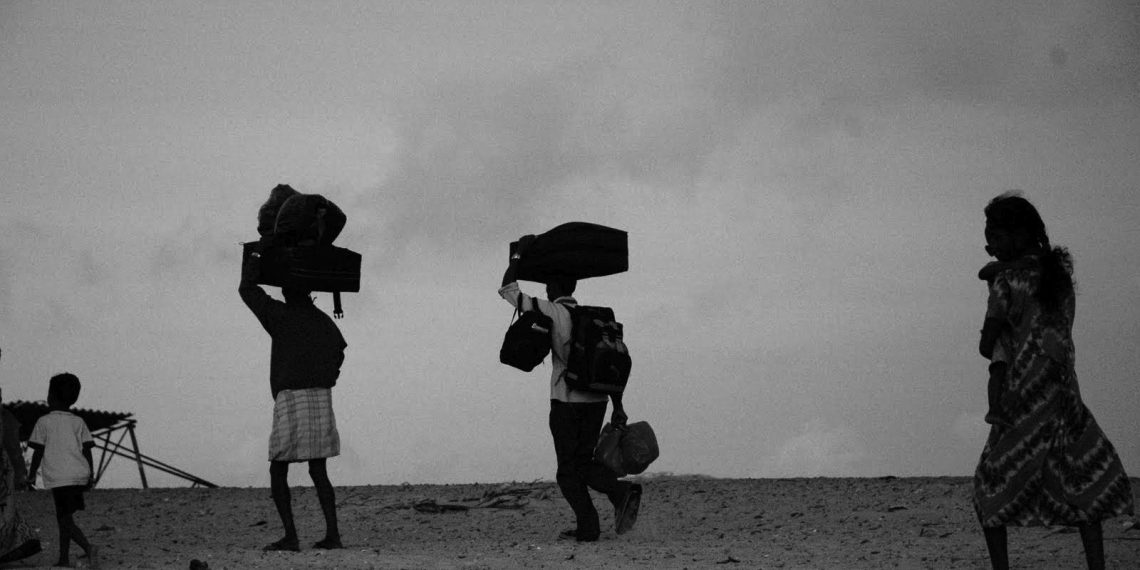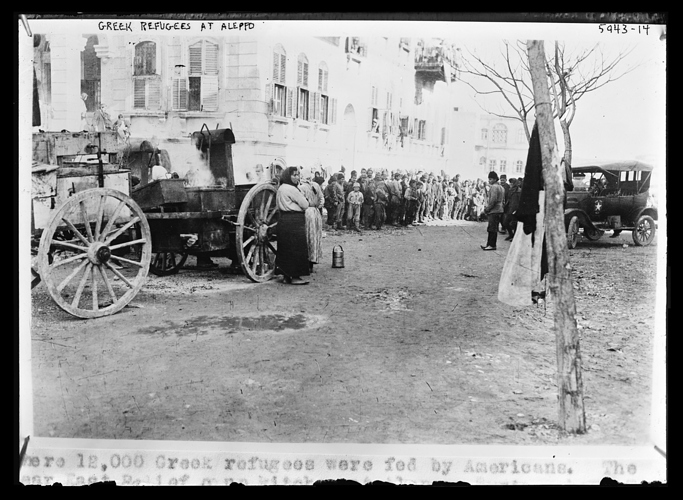Writing for the website Public Seminar, Siobhan Kattago pays homage to a remarkable and nearly forgotten essay by Hannah Arendt called “We Refugees.” Originally published in 1943, the essay reflects poignantly on the dislocation and tragedy endured by countless European Jews in the first half of the twentieth century. It also obliquely touches on Arendt’s own experience with statelessness, which lasted from 1933 to 1951. In Kattago’s appreciation of the essay, she highlights how Arendt’s insights help us understand the struggles of refugees today. Here’s an excerpt:
Whether pariah or parvenu, once Jews lost their citizenship and political rights during the Third Reich, they lost their own distinct place in the world. “The pariah Jew and the parvenu Jew are in the same boat, rowing desperately in the same angry sea. Both are branded with the same mark; both alike are outlaws.” Can we not say the same about today’s refugees, who are “rowing desperately” to avoid war and violence, but who are regarded as “outlaws” when they reach the borders? At the end of “We Refugees,” Arendt outlines a way to overcome the stigma of being refugee, pariah or outlaw. By becoming a “conscious pariah,” she was able to speak for those in her generation and maintain her identity. “Refugees driven from country to country represent the vanguard of their people — if they keep their identity.”
The stateless, as an unwanted and superfluous product of the international order, are a fact that can neither be ignored nor wished away. Today, more than seventy years after the publication of “We Refugees,” we face a similar problem. There are approximately 60 million refugees in the world, half of them children, who will spend much of their childhood in a refugee camp. What is, of course, different about the refugees then and now, is that today’s refugee is not European, and often Muslim. And yet the question remains: how should we respond? Arendt reminds us that patterns of exclusion, the proliferation of refugee camps and masses of people seeking refuge, bear more than a passing family resemblance to 20th century statelessness. “We Refugees” is more than an early essay outlining her later analysis of rights and the nation-state. It speaks both to the refugee crisis of the 20th century and to ours.
Image via Public Seminar.

